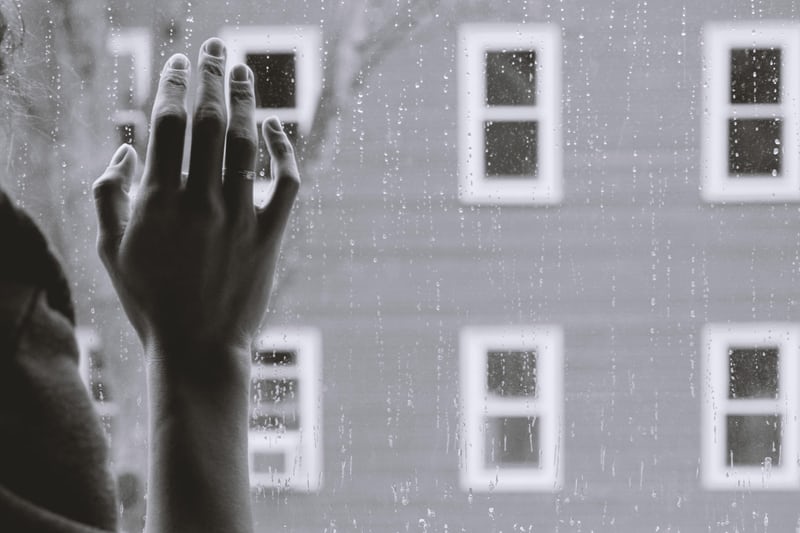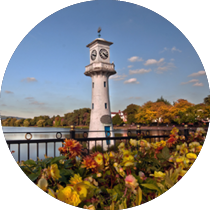Feeling Sad or having SAD?

Many of us feel different in the winter- feeling tired, sleeping a bit more, and gaining some weight. It is a bit like hibernation in animals. However, if your symptoms are bad enough to interfere with your life, you may have Seasonal Affective Disorder, or SAD.
Put simply, SAD is a type of depressive illness which recurs every autumn or winter and, if left untreated, will remit in spring and summer. Symptoms include:
- persistent low mood
- lack of interest and enjoyment in life
- low energy
- being less sociable
- being more irritable
- less interest in sex
- sleeping more
- eating more

SAD is most common in women of childbearing age. In the UK, this affects about three people in every 100. We do no fully undersatdn what causes SAD, but the reduced amount of light in the winter seems to be important.
For mild symptoms, treatment usually includes self-help and lifestyle changes. For more severe symptoms, talking therapies, antidepressant medication and light treatments have some evidence. The choice will often depend on what is available, what is convenient and what you prefer.
Avoid vicious circles. If it is dark and you feel tried all the time, you will probably do less. Try to get as much natural sunlight as possible. Take a walk or exercise during daylight hours, this will also help with any weight gain. Remind yourself that days will get longer again in the spring. the feelings of not getting things done can make you feel stressed, so tell your family and friends so that they can understand what is happening and be supportive.
A light box can be used to make up for the shortage of daylight in winter. used for 30-60 minutes each day around breakfast time, most people will notice some improvements in the first week. Dawn-simulating alarm clocks come on dimly about an hour before waking up time and gradually get brighter, and they are helpful if you find it hard to wake up on winter mornings.
Antidepressants may be helpful for some. It is recommended to start them in the autumn and stop them in spring. There is some evidence for Cognitive Behavioural Therapy, and this may also prevent recurrence in future winters.
Useful resources include: Seasonal Affective Disorders Association (SADA), MoodGym CBT, and Royal College of Psychiatrists’ information on CBT.





